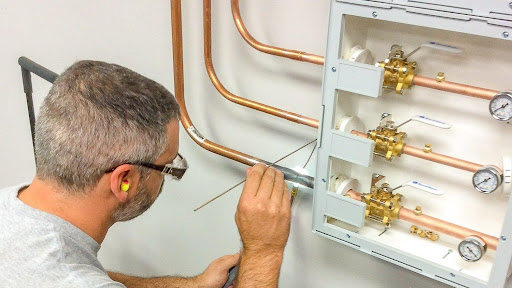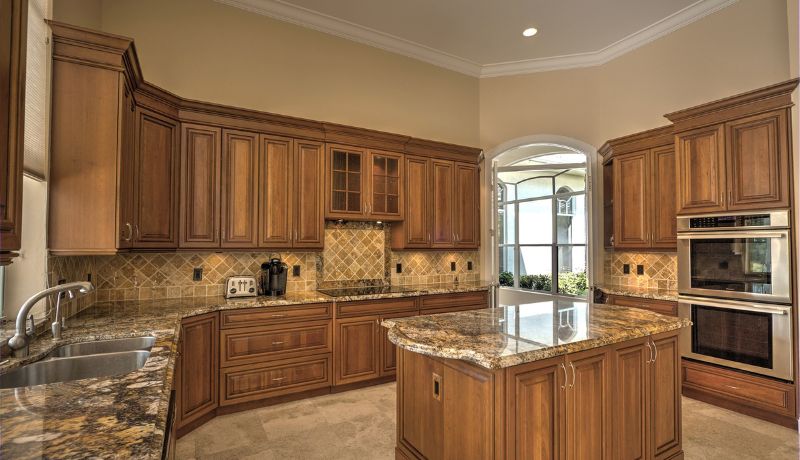Medical gas (oxygen, medical air, vacuum) systems are critical to patient care. They require specialized installation, consistent maintenance, testing/monitoring, safety practices and inspection.
A medical gas plumber is a specialist who installs, monitors, repairs and evaluates oxygen, medical air, vacuum, nitrogen and nitrous oxide systems. They are also responsible for ensuring that equipment is properly labeled and functioning correctly.
Design
Medical gas piping is the system that transports gases or vacuums through hospital buildings. These include operating rooms, wards, intensive care units and emergency departments.
A medical gas plumber is responsible for the design and installation of medical gas systems. These systems include compressed air, oxygen and other types of gasses and vacuums as well as source equipment, alarms and safeguards that monitor system components.
These systems are also required to be tested by a verifier after the installation. A verifier is a highly trained and certified individual responsible for the final inspection, testing and integrity of complete medical gas and vacuum systems.
These systems must be clearly identified using non removable stickers that are color coded according to the gas they contain. These stickers are standardized according to your local code provisions and should be spaced along the pipe, no more than 20 feet apart and at every valve, access door and service connection.
Installation
Unlike routine pipe installation, the installation of medical gas systems requires a highly trained and certified professional. A medical gas plumber installs and assembles pipelines that deliver oxygen, carbon dioxide, and nitrogen to patients in hospitals, surgical centers, or other healthcare facilities.
Medical gasses are used for respiratory support and anesthesia, as well as in a variety of diagnostic and therapeutic procedures. They may be generated from cylinders or manifolds, and transported to a patient through a piping system.
Maintenance
A medical gas plumber is responsible for the maintenance of a medical gas system, including the pipes that carry oxygen and nitrous oxide to patients. Without proper maintenance, these systems may leak and produce poor-quality gas that can put the safety of patients at risk.
A certified medical gas plumber can perform scheduled inspections and repairs that ensure the proper function of these important systems. They can also help to prevent a leak from becoming a bigger issue that could result in a costly repair.
Medical gas systems are critical to patient care and the health of hospital staff. A properly installed and maintained system can save a facility money in the long run, and it can also ensure the safety of all those who use it.
Repair
SMAMEPEstimate medical gas systems are highly sensitive and must be installed with the utmost care. A qualified medical gas plumber can identify and rectify any piping issue that may occur with a patient’s safety at stake.
A good medical gas plumber will also perform all the necessary follow-up tests to ensure that a medical pipe system is functioning properly. These tests include testing for labeling, leaks, latching, flows and pressures.
As a medical gas plumber, you’ll work with all types of equipment and materials that provide oxygen, carbon dioxide, and nitrogen to surgical patients. You’ll need to understand federal, state and local laws, codes and rulings pertaining to these systems.
To become a medical gas plumber, you’ll need to have a minimum of four years of experience in plumbing installation or mechanical systems and a specialty training course.




